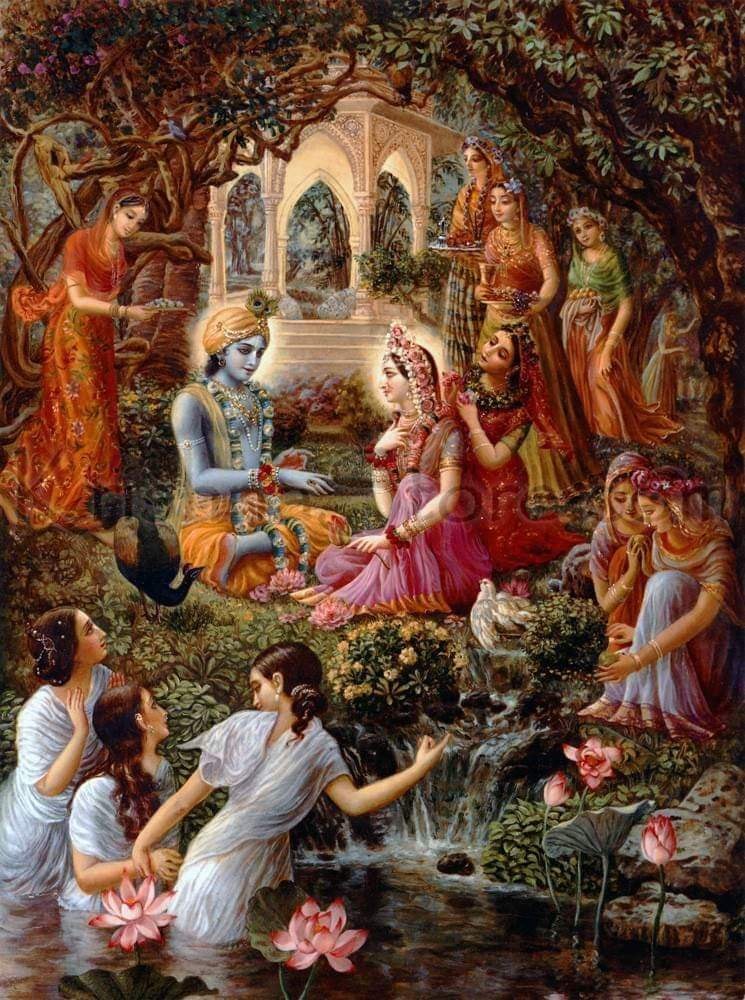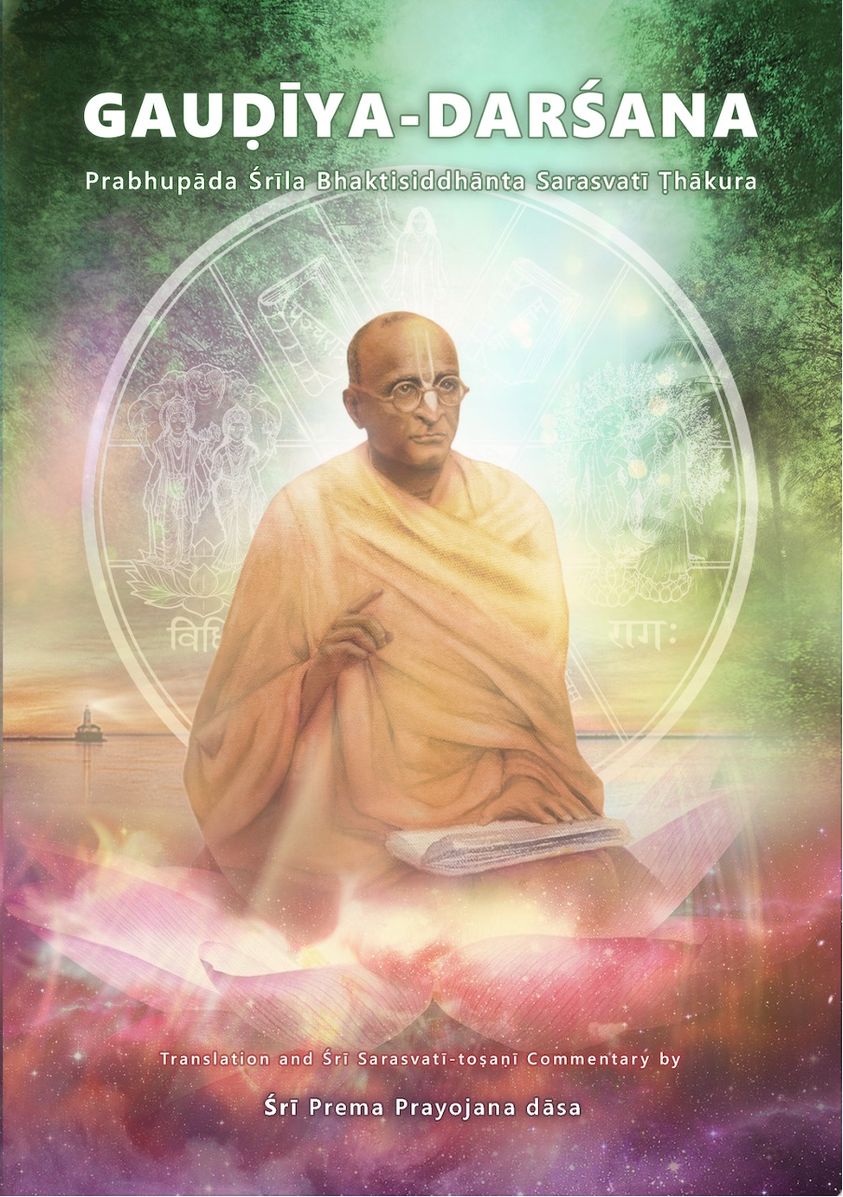Giving Up Sense Enjoyment
Topics click to read
Detachment
Lust covers the original knowledge of the Soul
Freedom from attachment
Giving up Sense Gratification
Bhagavad-Gita As It Is 2.55
The Supreme Personality of Godhead said: O Pārtha, when a man gives up all varieties of desire for sense gratification, which arise from mental concoction, and when his mind, thus purified, finds satisfaction in the self alone, then he is said to be in pure transcendental consciousness.
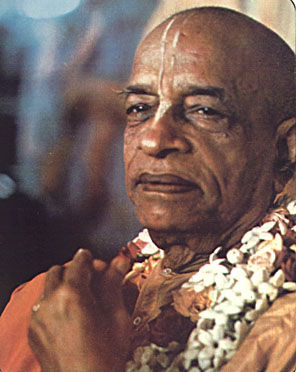
Purport by Srila Bhaktivedanta Swami Prabhupada
The Bhagavatam affirms that any person who is fully in Kṛṣṇa consciousness, or devotional service of the Lord, has all the good qualities of the great sages, whereas a person who is not so transcendentally situated has no good qualifications, because he is sure to be taking refuge in his own mental concoctions. Consequently, it is rightly said herein that one has to give up all kinds of sense desire manufactured by mental concoction. Artificially, such sense desires cannot be stopped. But if one is engaged in Kṛṣṇa consciousness, then, automatically, sense desires subside without extraneous efforts. Therefore, one has to engage himself in Kṛṣṇa consciousness without hesitation, for this devotional service will instantly help one onto the platform of transcendental consciousness. The highly developed soul always remains satisfied in himself by realizing himself as the eternal servitor of the Supreme Lord. Such a transcendentally situated person has no sense desires resulting from petty materialism; rather, he remains always happy in his natural position of eternally serving the Supreme Lord.
_____________________________________________________________
The Thought Of The Day 25/03/2012
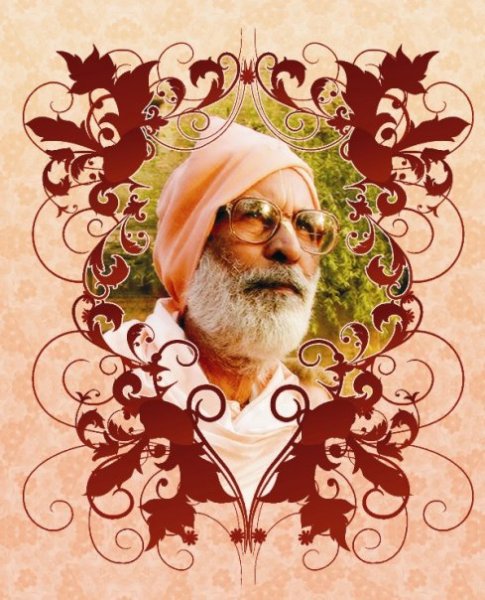
BV Narayana Maharaja
From The Bhagavad Gita by Srila Bhaktivedanta Narayana Maharaja Chapter 2 Text 45
O Arjuna, give up being influenced by the three binding forces of material nature that are described in the Vedas and become established in transcendence, which is beyond them. Be free from all dualities, such as honour and dishonour, and do not be concerned about acquiring assets or maintaining what you have. Become situated in spiritual existence by using the intelligence awarded by Me.
Since, in the Vedas, there are excessive descriptions of karma and jnana, according to the logic of bhumna-vyapadesa-bhavanti, wherein the title of a work is based on what is prominent in its composition, the Vedas are called traigunya (pertaining to the three modes of nature)
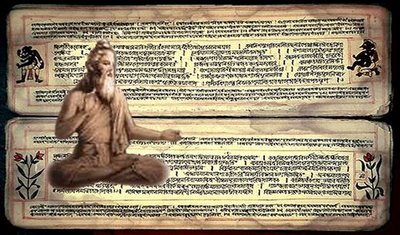
The Vedas
Only Bhakti, however, can take one to Sri Bhagavan. This is the verdict of the Mathara Sruti. The Svetasvatara Upanishad states: “yasya deve para bhaktir yatha deve tatha gurau – the meaning of the Vedas can only be revealed to one who has the same transcendental devotion to both Sri Bhagavan and to one’s spiritual master.”
Devotion that is free from the contamination of material nature is the only subject matter of the Smritis, such as the Pancaratra and the Upanishads. This includes the Gitopanishad (Bhagavad-gita) and the Gopala-tapani Upanishad. If it were accepted that Bhakti is not described in the Vedas, Bhakti would become unauthoritative. Therefore, Krishna directs Arjuna to become free from the Vedic injunctions promoting jnana and karma, which are under the influence of the modes of material nature.

Krishna and Arjuna
He tells him not to perform them but to always follow the process for achieving bhakti as stated in the Vedas. It is mentioned in Brahma-yamala Purana, “The pretentious display of exclusive devotion to Sri Hari, in which the process of pancaratra (ritualistic worship) recommended in scriptures such as the Srutis, the Smritis and the Puranas is neglected, results only in eventual disturbance.” This mistake or fault is inexcusable.
Those subject matters of the Vedas that pertain to the modes of material nature (saguna) and those that are beyond the modes of material nature (gunatita) are called respectively traigunya (within the three gunas) and nistraigunya (free from the three gunas). Sri Krishna says, “Of the two, pursue only nistraigunya. Become free from the three gunas by the influence of My nirguna-bhakti. Only then will you become free from dualities such as honour and dishonour. Therefore, remain exclusively in the association of My devotees who are always situated in eternal transcendence.

Krishnas Devotees








